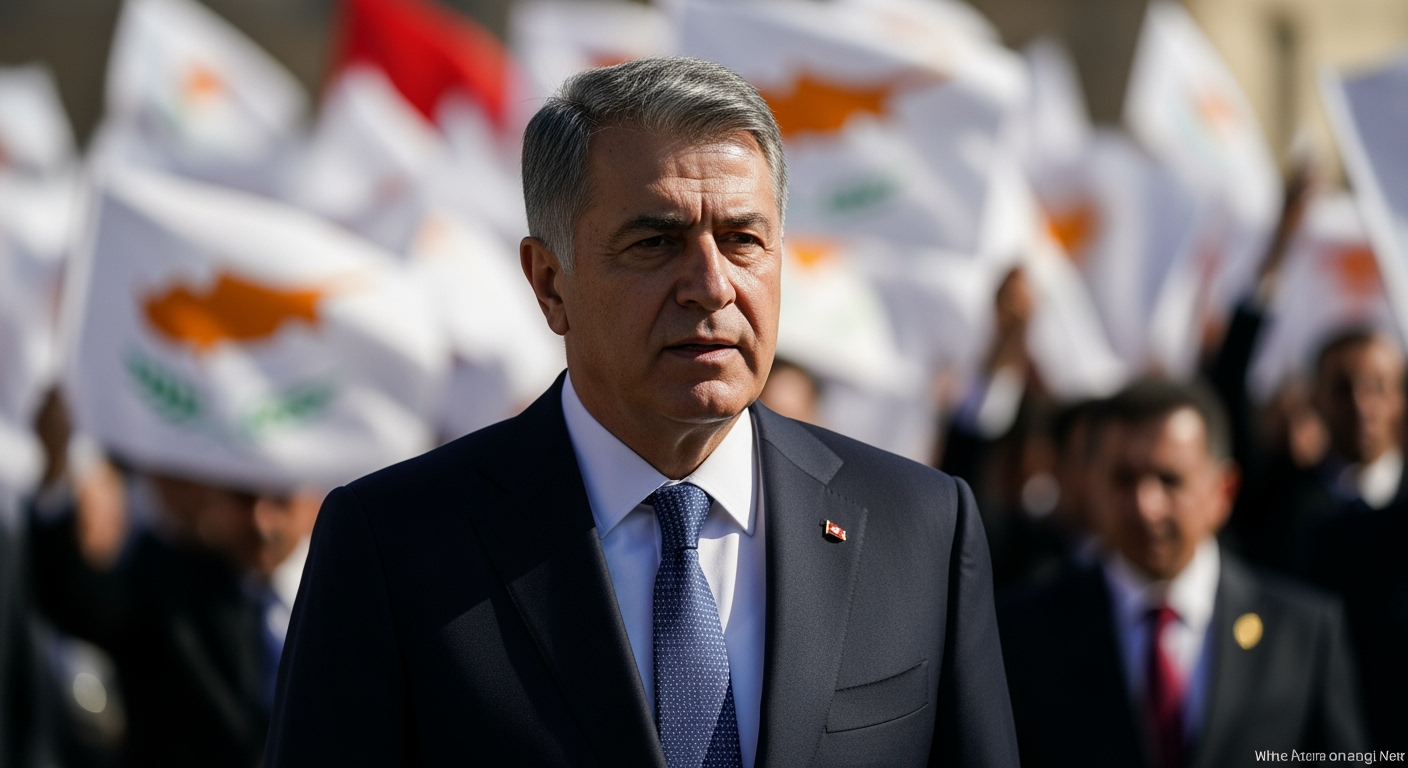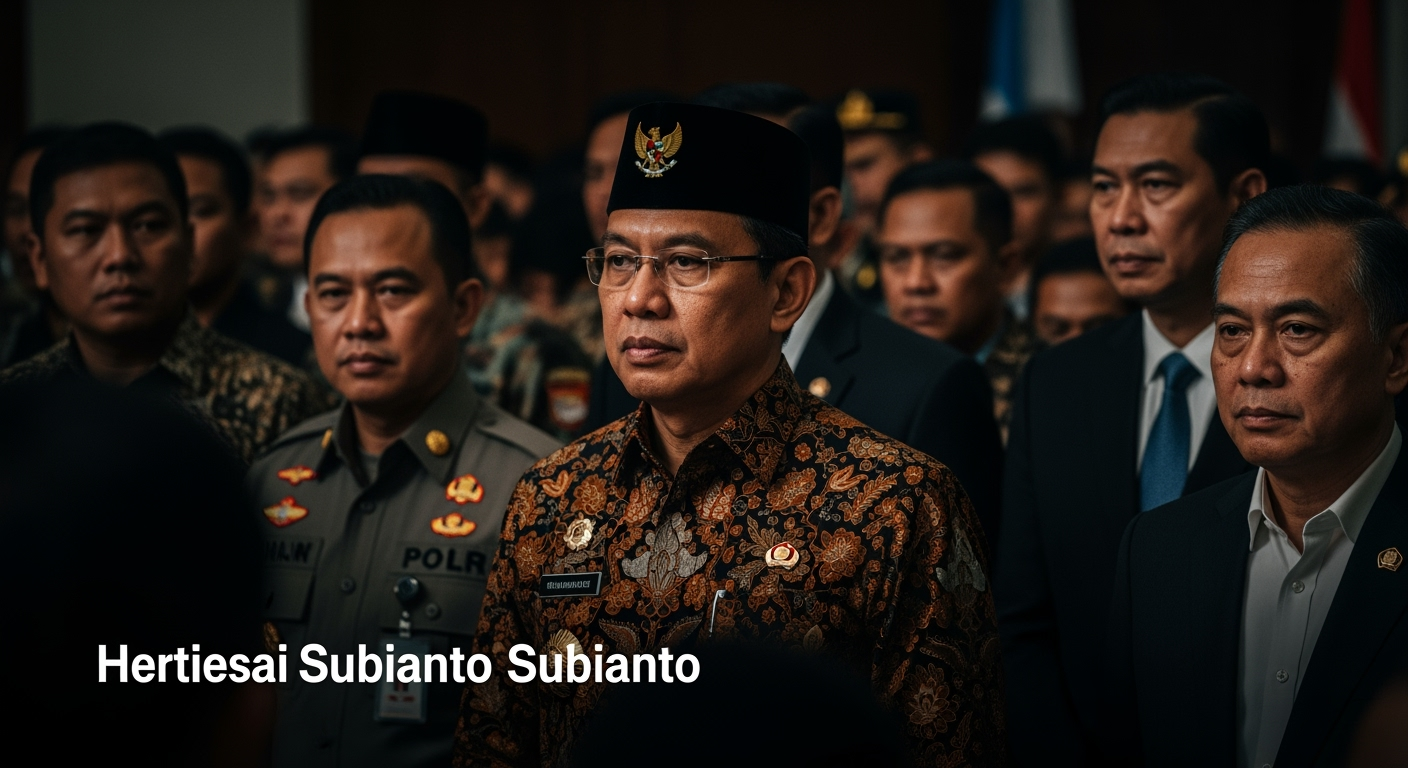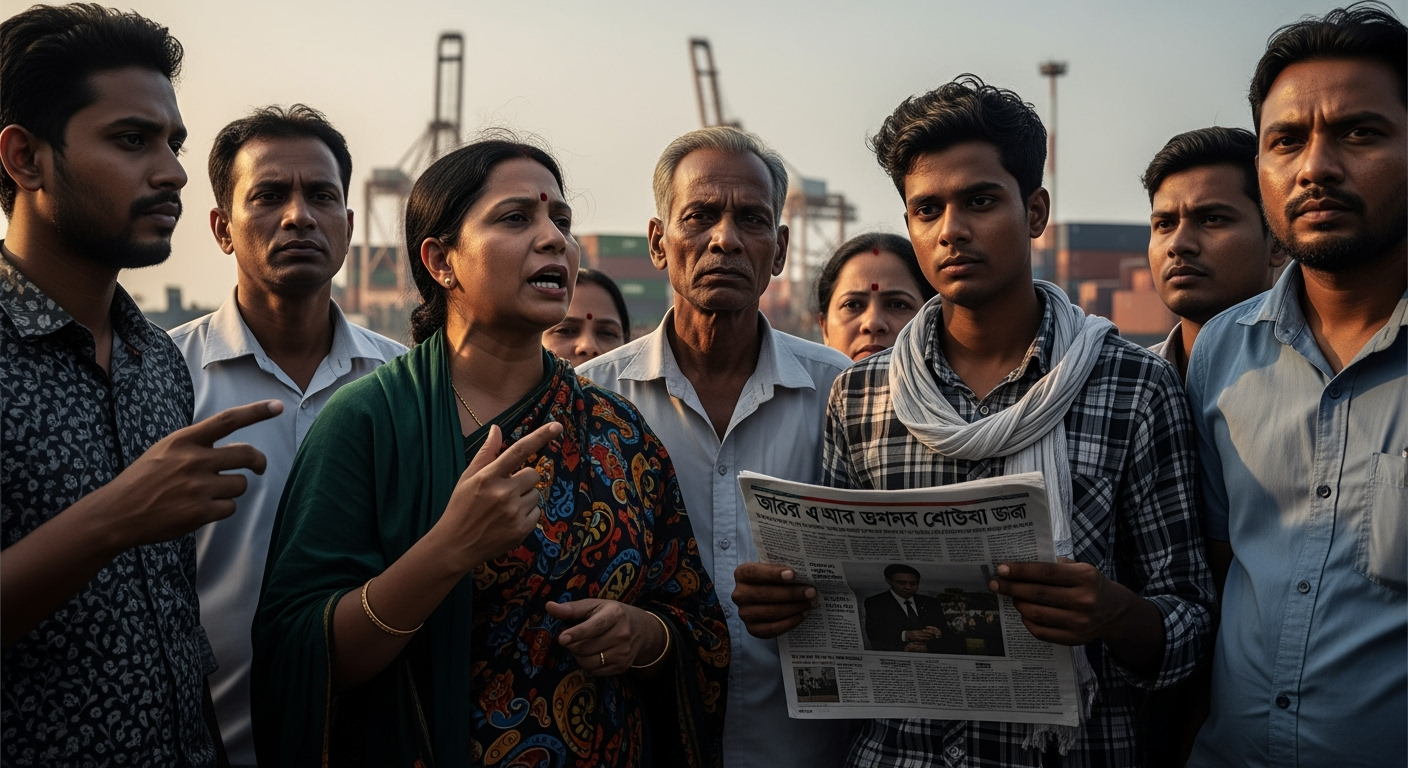Related Articles

Turkish Cypriots Elect Erhürman in Landslide, Sending Complex Signals to Ankara

China Navigates Critical Economic Crossroads with Ambitious New Five-Year Plan





Dhaka, Bangladesh – A contentious plan by Bangladesh's interim government to lease key operational terminals at its busiest ports to foreign companies has sparked widespread anger and ignited a fierce national debate, drawing criticism from political parties, labor unions, and civil society groups. The government, led by interim leader Muhammad Yunus, asserts that foreign investment and management are crucial for modernizing infrastructure, enhancing efficiency, and transforming Bangladesh into a global manufacturing hub. Opponents, however, decry the move as a betrayal of national interest, threatening sovereignty, national security, and local livelihoods.
The controversy centers primarily on the New Mooring Container Terminal (NCT) and Laldia Terminal in Chattogram (formerly Chittagong), which together handle the vast majority of Bangladesh's maritime trade, as well as the Pangaon river port in Dhaka. Plans for these terminals reportedly involve long-term leases, ranging from 25 to 30 years, to international operators, with Dubai-based DP World being a prominent firm in discussions for NCT and Maersk for Laldia Char. This push for foreign involvement comes as the interim administration, established after the ouster of Sheikh Hasina in August 2024, aims to finalize these agreements by December, ahead of national elections scheduled for February next year.
The interim government frames the leasing of port terminals as a necessary step to overcome systemic inefficiencies and unlock Bangladesh's economic potential. Officials, including Shipping Secretary Mohammad Yusuf, highlight the need to improve port performance, citing long vessel turnaround times of 3-4 days (compared to 12-36 hours in regional competitors like Singapore and Colombo) and cargo clearance delays stretching up to 7-10 days. These inefficiencies are estimated to increase export costs by 10-15%, hindering the nation's competitiveness in global markets.
Chief Adviser Muhammad Yunus, during a visit to Chattogram Port in May, emphasized the need for "the world's best companies" to manage and invest in the port, which he described as the "heart of Bangladesh's economy" but long neglected. The government argues that foreign operators would bring advanced technology, expertise, and substantial investment, thereby boosting operational efficiency, capacity, and overall competitiveness. To make these ventures attractive, the government has already increased Chattogram Port's tariff rates by an average of 40%, based on consultant recommendations. The goal is to expand the port's handling capacity significantly by 2030, supported by increased foreign investment and strategic partnerships.
Despite the government's economic justifications, the leasing plans have met with fierce resistance across various segments of Bangladeshi society. Critics argue that handing over control of strategically vital national assets, especially by an interim government lacking an electoral mandate, is a profound misstep. Concerns primarily revolve around:
The strategic importance of Bangladesh's ports extends beyond economic considerations, touching upon complex geopolitical dynamics in the Bay of Bengal. This region has become a focal point of influence for global powers, including India, Japan, China, and the United States. While Japan is collaborating with Bangladesh on the construction of the Matarbari deep seaport, a project with significant strategic implications for regional connectivity and trade, the current controversy over leasing existing terminals is viewed through a different lens.
Concerns have been raised about the potential for foreign control over key maritime routes and the "militarization" of vital port infrastructure, particularly relevant for India, given Chattogram's proximity to its "Chicken's Neck" — the narrow Siliguri Corridor connecting mainland India to its northeastern states. The interim government's willingness to engage foreign entities has spurred speculation about the shifting geopolitical alignment of Bangladesh, traditionally adhering to a non-aligned foreign policy.
As the interim government pushes forward with its plans, Bangladesh finds itself at a critical juncture. The decision to lease out its strategic port terminals underscores a fundamental tension between the perceived need for foreign investment and expertise to modernize a vital economic lifeline, and deep-seated fears of compromising national sovereignty and economic autonomy. With agreements expected by year-end and elections looming, the debate is set to intensify, placing immense pressure on the interim administration to navigate these complex issues while maintaining national interest at its core. The outcome will likely shape Bangladesh's economic trajectory and its geopolitical standing for decades to come.